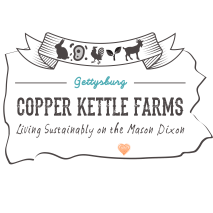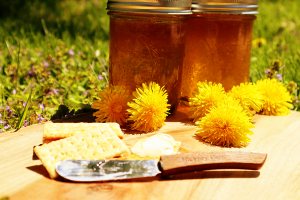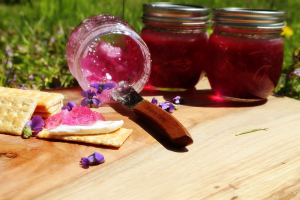1. No Paper towels – My father and I started this as an experiment in August 2007. We wanted to see how different it would be without using paper towels, and quite frankly there’s hardly any difference at all. We use old rags instead, and make sure to wash them with an already existing load of laundry. Plus we can rinse them and use them again several times before having to wash them (If they haven’t been used to clean up something like uncooked chicken anyway).
2. Buy energy efficient appliances – This is obvious, but making sure all of your appliances are energy efficient can make a strong impact. Do research on your model refrigerator and cooking stove to make sure you aren’t using more energy than you need. Always maintain your appliances to keep them in top shape and avoid carbon monoxide poisoning.
3. Washing Dishes by Hand – This topic is somewhat controversial, as some people aren’t sure whether washing dishes by hand or with a dish washer are more environmentally sound. My father, however, fills up the sink with soapy water and uses just that to wash his dishes in a certain order (greasy pans last). It seems to work well, and we have no need to refill the sink usually. If you are feeling extra frisky, you can dish out this water to use in outdoor plants. Be wary though, it may attract critters.
4. Homemade or Organic Cleaners – I clean my counter tops religiously, due to using them for food preparation. One of my favorite cleaners is just apple cider vinegar in a bottle of water that I use to spray over the counter. I let it sit for a few minutes then wipe away any mess for a fresh clean counter. The vinegar also acts as an absorbent to odors. I also use Seventh Generation soap for my washing of dishes.
5. Composting – Many places sell small counter top composting bins now for kitchens. Just throw your scraps in and let nature take its course.
6. Cabinets – Many modern kitchens are built with toxic materials and paints, especially the cabinets. When these are hit with so much heat from cooking, they start to break down into the air. Opt for low-VOC paints, finishes and sealants and void products and materials that contain formaldehyde and PVC. These compounds have carcinogenic properties and are detrimental to the environment.
7. Ventilation – Proper ventilation help keep the air fresh in your kitchen and prevent mold from all of the food preparation. Make sure you have proper fans and or windows to allow air to flow freely.
8 Buy Organic and Local – As always, buying organic local produce and wholesome foods is a great way to support your local economy and your body. Free your kitchen of pesticides, herbicides, and any other contaminants and know where your food came from.




